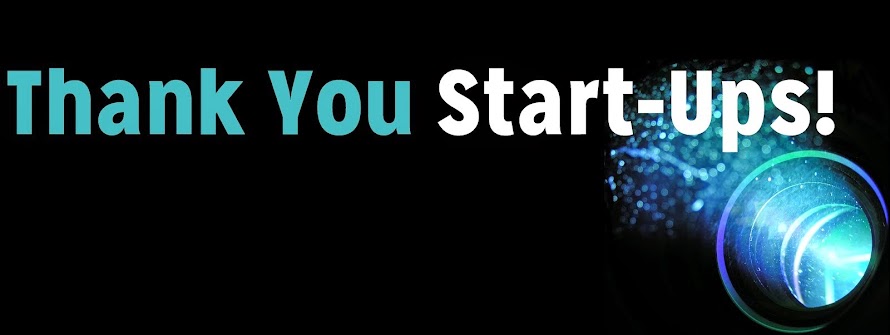I kinda have a 'crush' on this start-up. Why? Because when I read their manifesto, I feel close to their ideas, they are answering issues I have (and have been talking about in this blog for a while). They say that their idea is 'based in the belief that people should not have to choose
between technology or safety, technology or privacy, the virtual world
or the real world". They have realized that "current technologies we use to access the digital world limit, or even take us away, from the real world" and that "the future of computing should be derived from
respecting human biology, physiology, creativity, and community".
So exactly what is their idea? They want to use technologies as a companion to human beings, delivering really unique experiences that one can even consider as magical. In order to do so they use augmented reality and more precisely "head-mounted devices which superimpose 3D computer-generated imagery over real world objects, by projecting a digital light field into the user's eye" (Wikipedia page). They created what they call "a Dynamic Digitized Lightfield Signal™", which basically generates highly realistic images and then place them into the real world.
 |
| Credits: Flickr (Eddenghien) |
Your possibilities are infinite with such a technology. But I heard they are planning to use their tool for instance for children in hospitals: so that they feel less alone or scared, they will create dwarfs that could be their complete companions, following them everywhere. It's like having an imaginary friend but you get to see him!
What I also like a lot is that they seem to be a funny team: they call themselves 'computing hobbits', 'software ninjas', 'artificial intelligence gurus' and so on. And they are actually looking for 'wizards' right now, quite a lot of them, so please go help them, engineers in this world!
 |
| Credits: Flickr (Henri Block) |
Though it's true there is quite a lot of mystery on this start-up. Yes they have raised more than $500 million but what are they using it for? They haven't shown anything close to a real prototype so far. And I hope they will keep up to their manifesto, because so far the only video they showed gives the idea they want us to use their product for a first person shooter game, transposed in real life!
Another thing I want to highlight is that, to me, living with something on top of your head all the time is not exactly what I call living in the 'real-world'. Magic Leap has to be careful not to forget what its intentions were in the first place.
So I guess my relationship to this start-up is kind of a love/hate situation: I'm a bit perplexed and I don't trust it completely, but at the same time I really want it to work.


